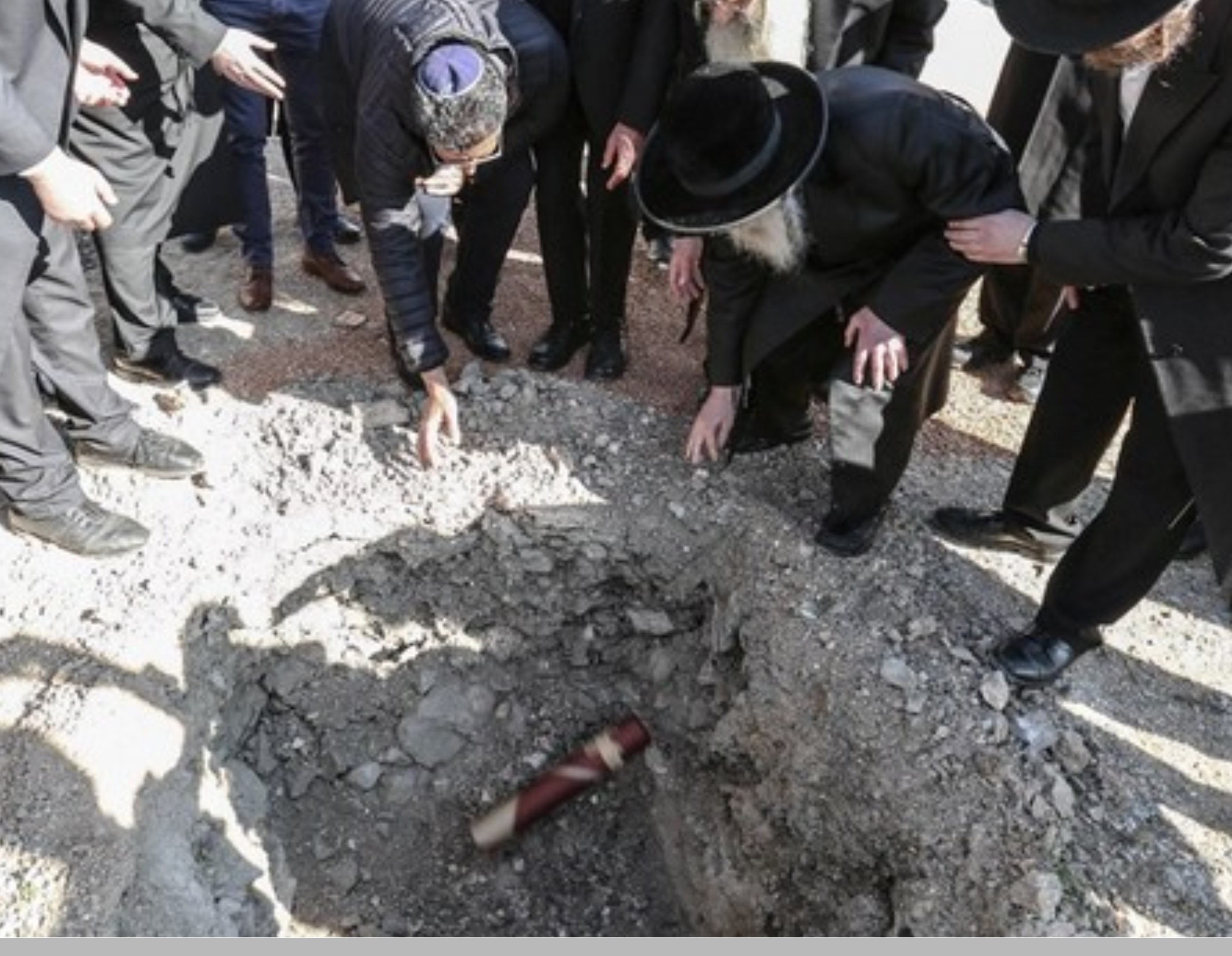Should a Mezuzah be placed in the foundations of a new house?
If yes, where? N.A.
If no, why not? A few contributors have explained that the mitzvah of the mezuzah is accomplished by respecting the correct position on the door post.
 My question is originated by reading about the archeological findings of written material. Some Jewish tradition call for a ritual congregation at the site of a new house. In this instance, some traditions call for a wishful text (written by a kosher sofer) in a bottle to be buried in the foundations
My question is originated by reading about the archeological findings of written material. Some Jewish tradition call for a ritual congregation at the site of a new house. In this instance, some traditions call for a wishful text (written by a kosher sofer) in a bottle to be buried in the foundations
